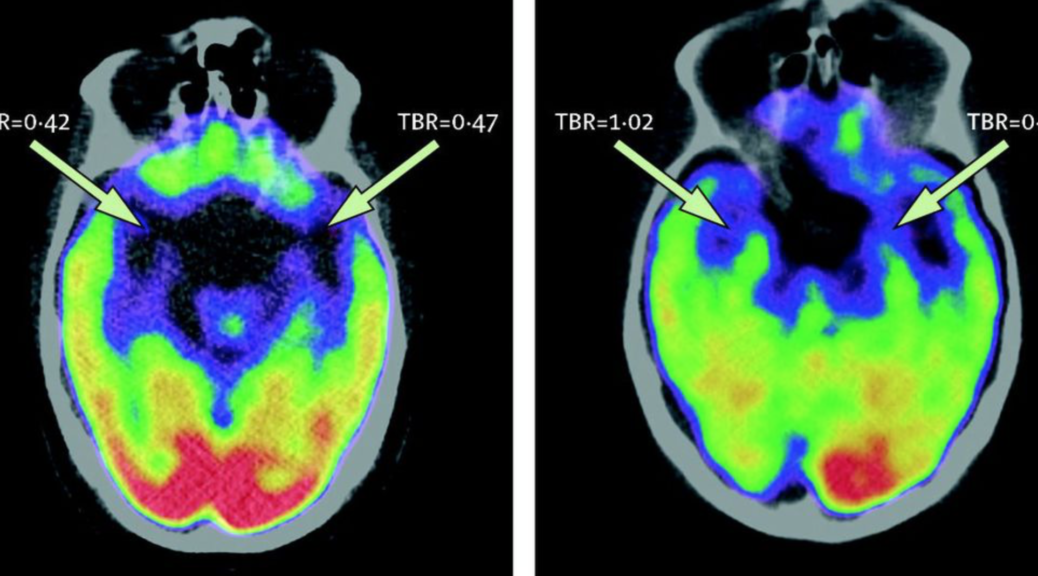Study Reveals Emotional Stress Affects Brain, Heart Health

*Photo by The Lancet
Everyone is affected by stress. In fact, the stress response is the body’s natural way of responding to situations that may be threatening. Stress is indicated in the amygdala, the brain’s region for stress and fear. When triggered, the amygdala signals the body to react; blood pressure rises, heartbeat increases, and muscles tense. Then, after the stress is removed, the body goes back to normal. However, those who have been affected by abuse or neglect or have not developed healthy ways to handle stress are in a constant state of mental and emotional pressure. A new study reveals that active amygdalas, or prolonged and high levels of stress, affects health overall.
Study Shows How Stress Affects Health
The study, performed by Dr. Ahmed Twawkoi, a cardiologist at Massachusetts General Hospital and Harvard Medical School, watched 293 participants, who had no prior heart disease, for over 3 years. Brain, bone marrow, spleen and artery scans were taken at the beginning of the study and the end. The results showed that those participants with more active amygdala regions were at a higher risk for stroke, heart attack and heart disease. During the nearly four years, 7.5% of those in the study suffered a major cardiovascular event.
“Together, these clinical data establish a connection between stress and cardiovascular disease, thus identifying chronic stress as a true risk factor for acute cardiovascular syndromes,” stated Ilze Bot, Senior Biopharmaceutical Researcher at Leiden Academic Center for Drug Research in the study’s commentary.
This new study further connects how stress affects health overall and the brain, which adds to the groundbreaking Adverse Childhood Experiences (ACE) Study. The ACE Study revealed that people who have been affected by multiple types of trauma in their childhood experience elevated hormone levels that can impact the brain negatively and lead to health problems in adulthood.
KVC Is Committed to Improving the Health of Children and Communities
KVC Health Systems and its subsidiaries across the U.S. support thousands of children and families involved in the child welfare system. Many of the children KVC serves have experienced abuse and neglect, putting them at high risk for stress and its related physical health outcomes. Supported with the knowledge of the latest research in neuroscience, KVC is supporting children and families and treating childhood trauma by;
- Teaching children proven ways to improve self-regulation to handle stress
- Educating communities to support positive interactions that can develop strong foundations for youth
- Developing training curriculum to teach relative families and foster families how to help children who have experienced trauma
- Partnering with agencies to further research
- Influencing public policy to prevent adverse childhood experiences, protect children and families, and create a healthy future
As part of the KVC Institute which focuses on expediting research into direct practice, KVC offers training and consultation to a wide range of public and private agencies and has earned international recognition for integrating trauma-informed care into child welfare and related systems. Through its neuroscience initiative, the KVC Institute is educating communities about the link between childhood adversity and life-long health problems and leading efforts to address it through prevention and innovative treatment.
Learn more about healthy brain development and KVC’s neuroscience initiative at www.kvc.org/institute.




